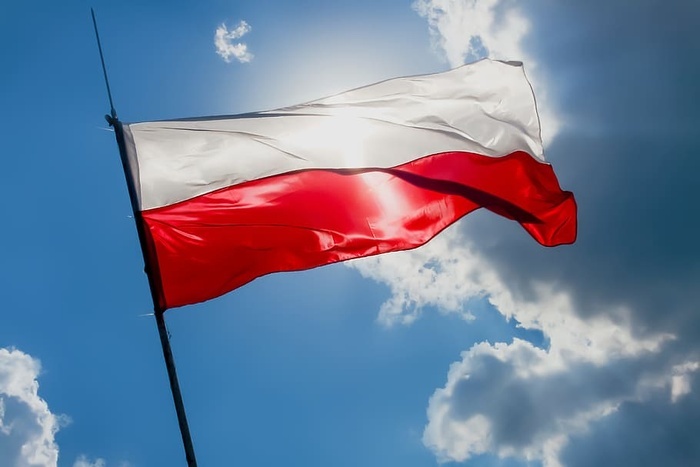
Contributed by Ms. Zhao Jing, Hylands Law Firm. For more posts about China Customs Affairs, please click here.
The origin of goods refers to the country where the goods are produced, which can be considered the “nationality” of the goods.
The criteria for determining the origin of goods are known as rules of origin. Like other countries, China divides its rules of origin into two main categories, including preferential rules of origin and non-preferential rules of origin.
1. Preferential rules of origin
Such rules are usually set out in bilateral or multilateral agreements and apply only among the member states of such agreements. At present, China has signed 19 free trade agreements with corresponding preferential rules of origin.
Preferential rules of origin contain are based on two criteria:
(1) Wholly obtained criterion
This means that the imported goods are entirely obtained or produced in a member state of the agreement, such as agricultural and mineral products harvested within the territory of a member state.
(2) Substantial transformation criterion
This covers three main scenarios:
First, materials originating from a non-member state are manufactured and processed within the exporting member state, which may also affect the tariff classification of the goods.
Second, the value-added portion of the goods resulting from processing and production in a member state meets a certain percentage of the goods’ Free on Board (FOB) value.
Third, the main manufacturing processes that give the essential features of the goods take place within the territory of a member state.
2. Non-preferential rules of origin
Non-preferential rules of origin are rules of origin determined by a country itself and specified through its domestic law.
The “WTO Harmonized Non-Preferential Rules of Origin” is currently under negotiations. Once it is implemented, WTO members will adopt harmonized non-preferential rules of origin, which will replace the non-preferential rules of origin established by each country’s domestic legislation.
Contributor: Zhao Jing
Agency/Firm: Hylands Law Firm
Position/Title: Partner
* * *
Do you need support in cross-border trade and debt collection?
CJO Global's team can provide you with China-related cross-border trade risk management and debt collection services, including:
(1) Trade Dispute Resolution
(2) Debt Collection
(3) Judgments and Awards Collection
(4) Bankruptcy & Restructuring
(5) Company Verification and Due Diligence
(6) Trade Contract Drafting and Review
If you need our services, or if you wish to share your story, you can contact our Client Manager Susan Li (susan.li@yuanddu.com).
If you want to know more about CJO Global, please click here.
If you want to know more about CJO Global services, please click here.
If you wish to read more CJO Global posts, please click here.
Photo by Oxana Melis on Unsplash
Contributors: CJO Staff Contributors Team








